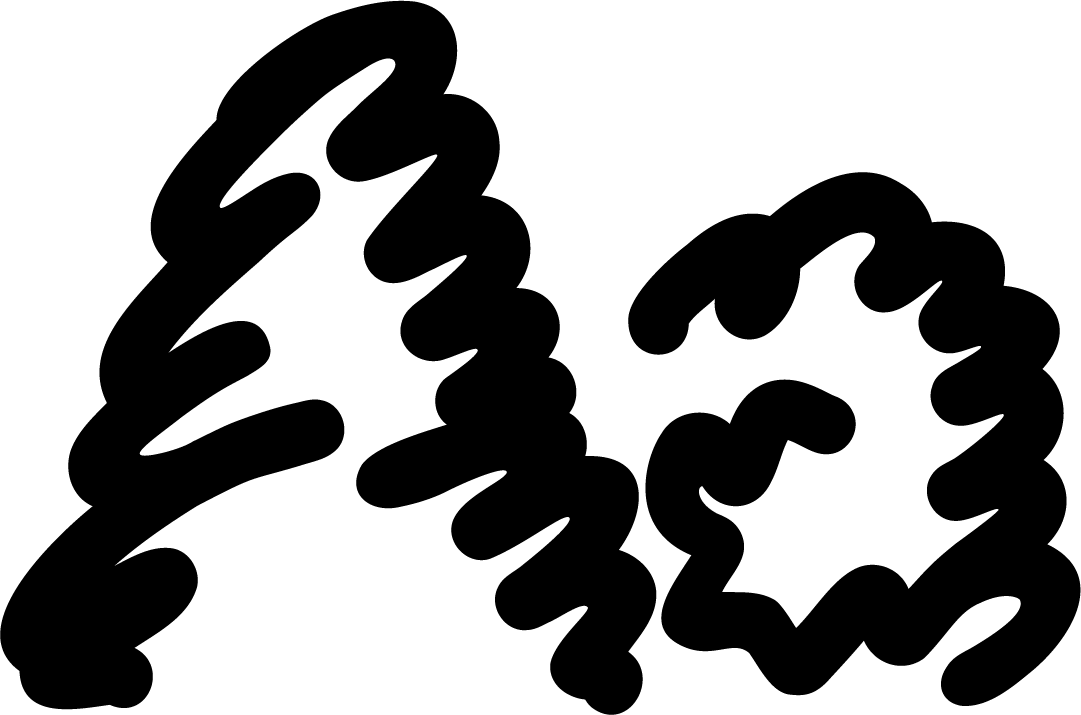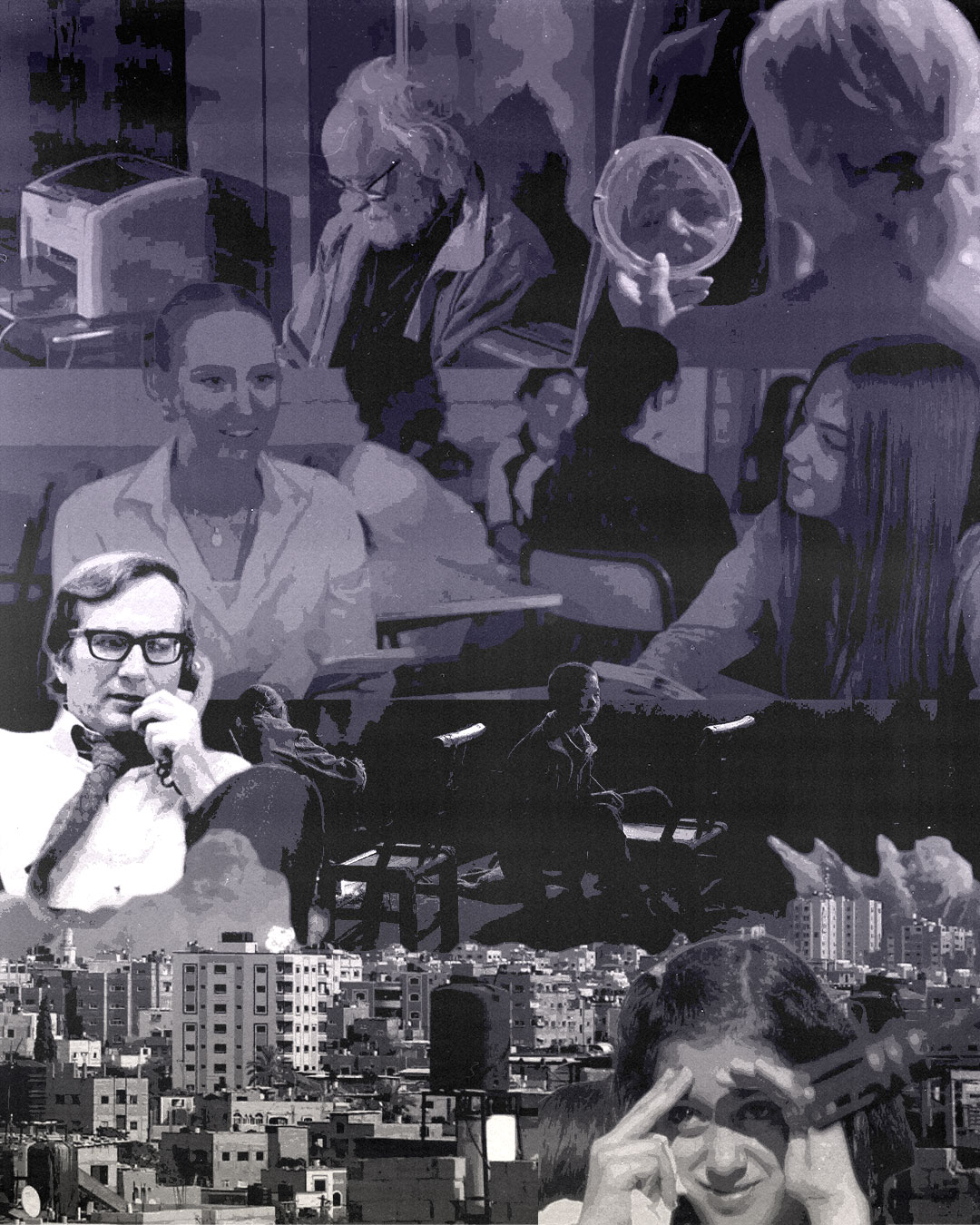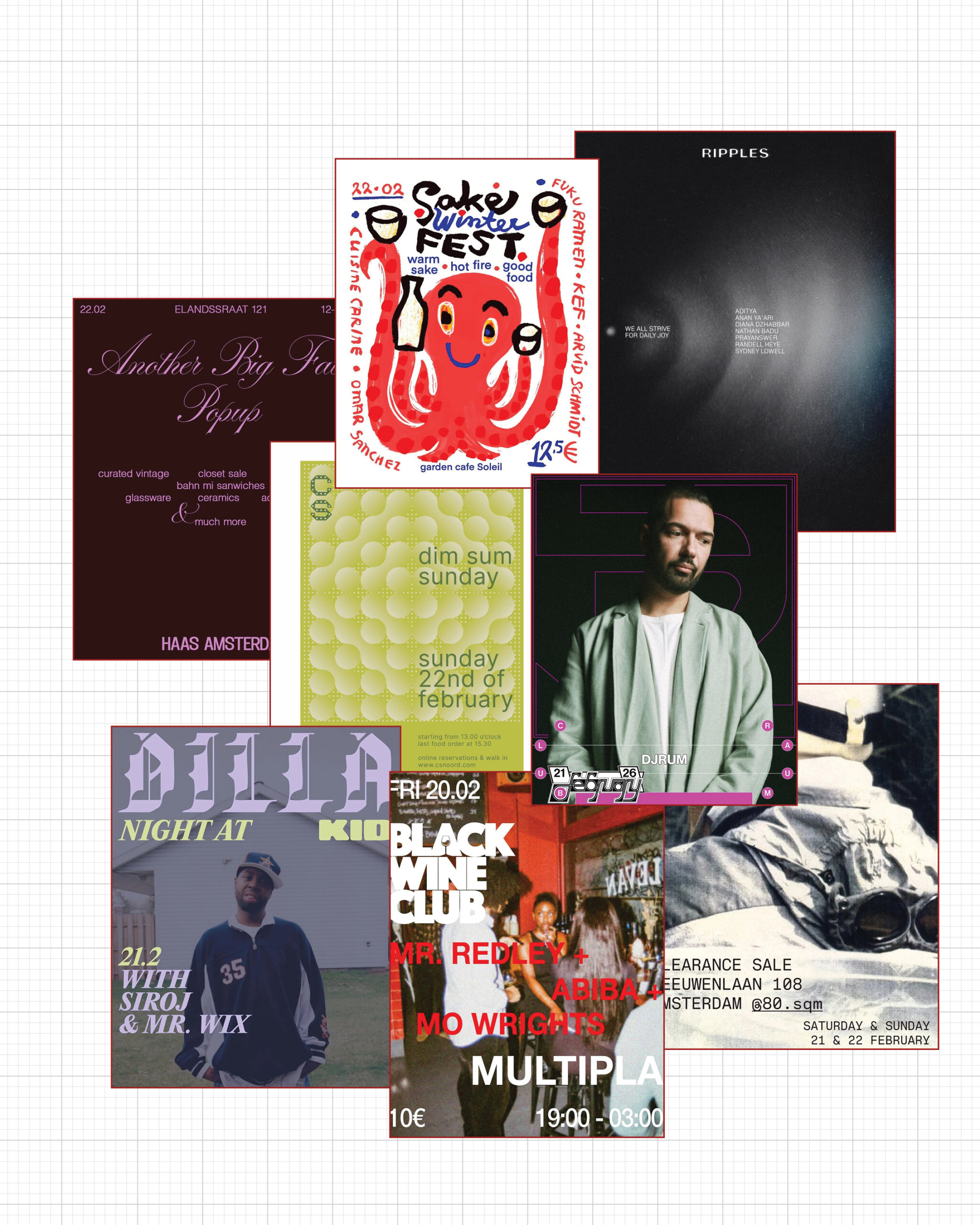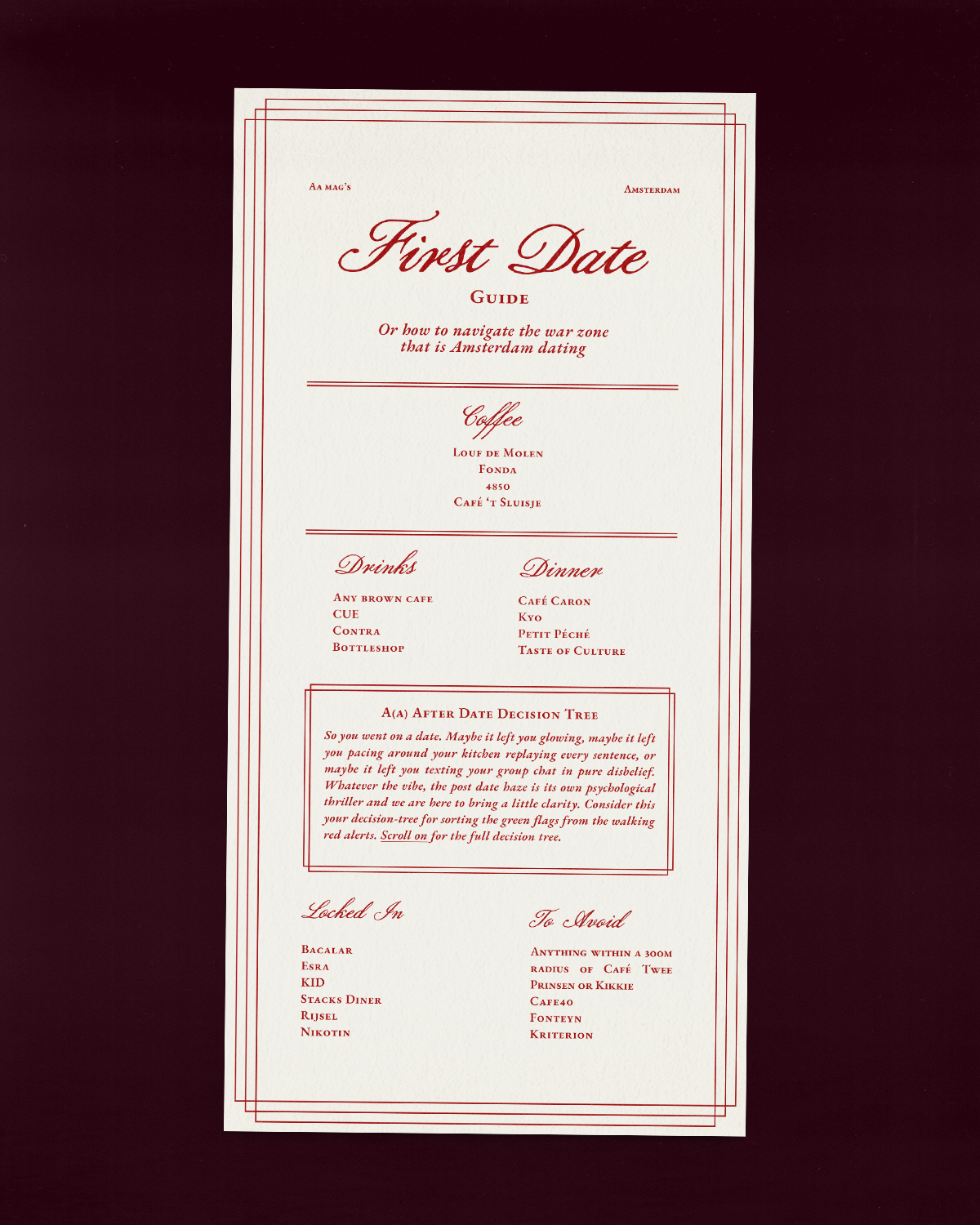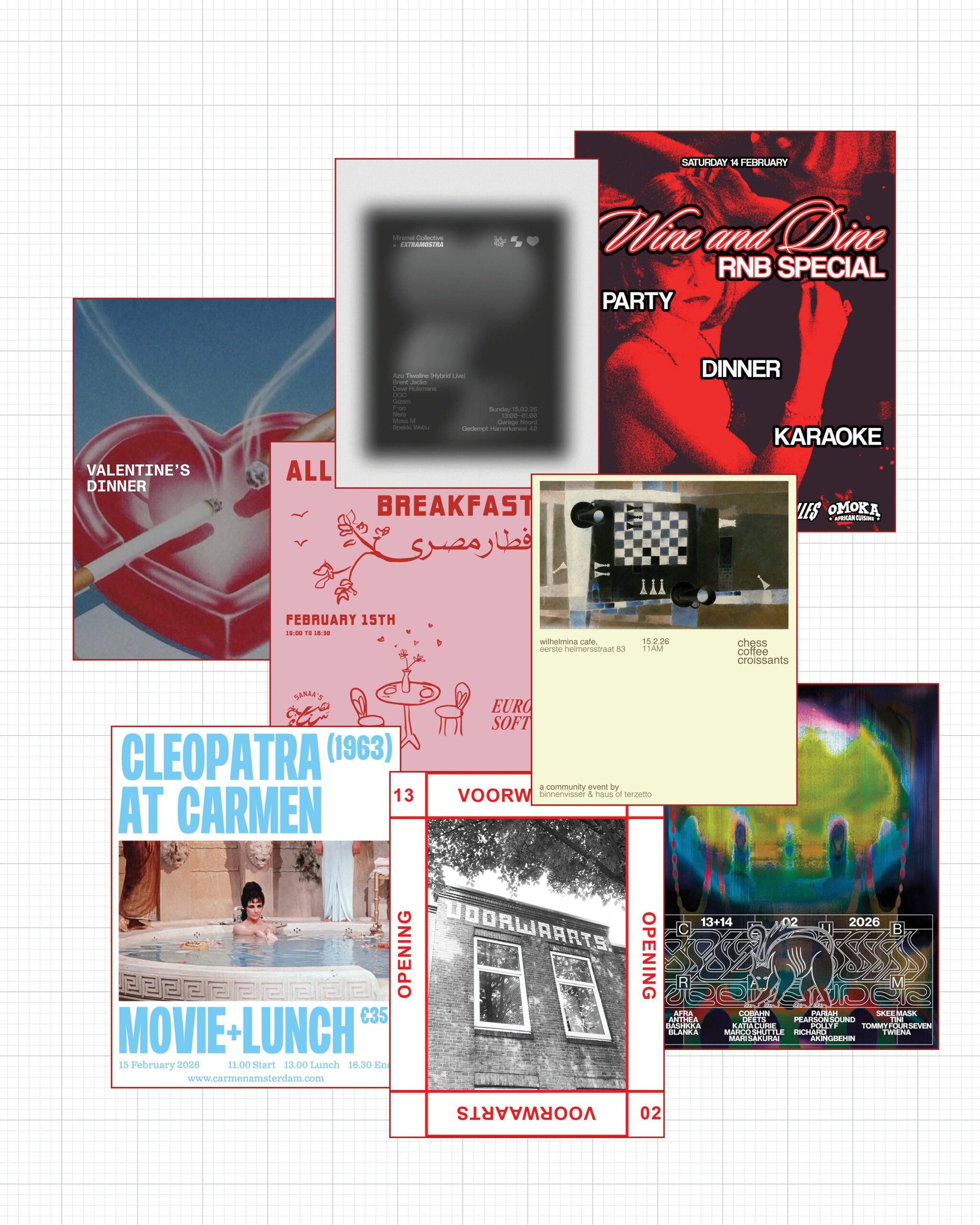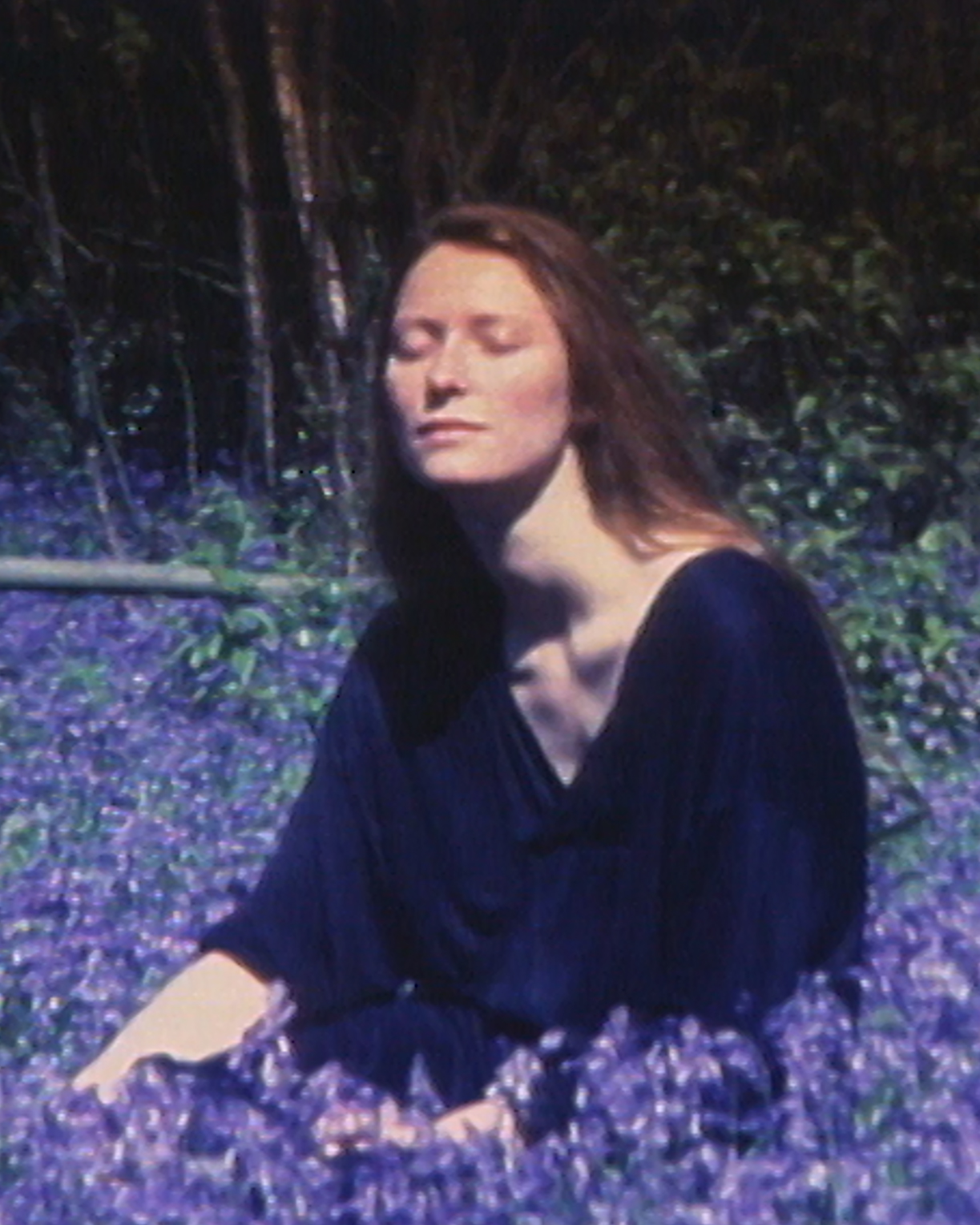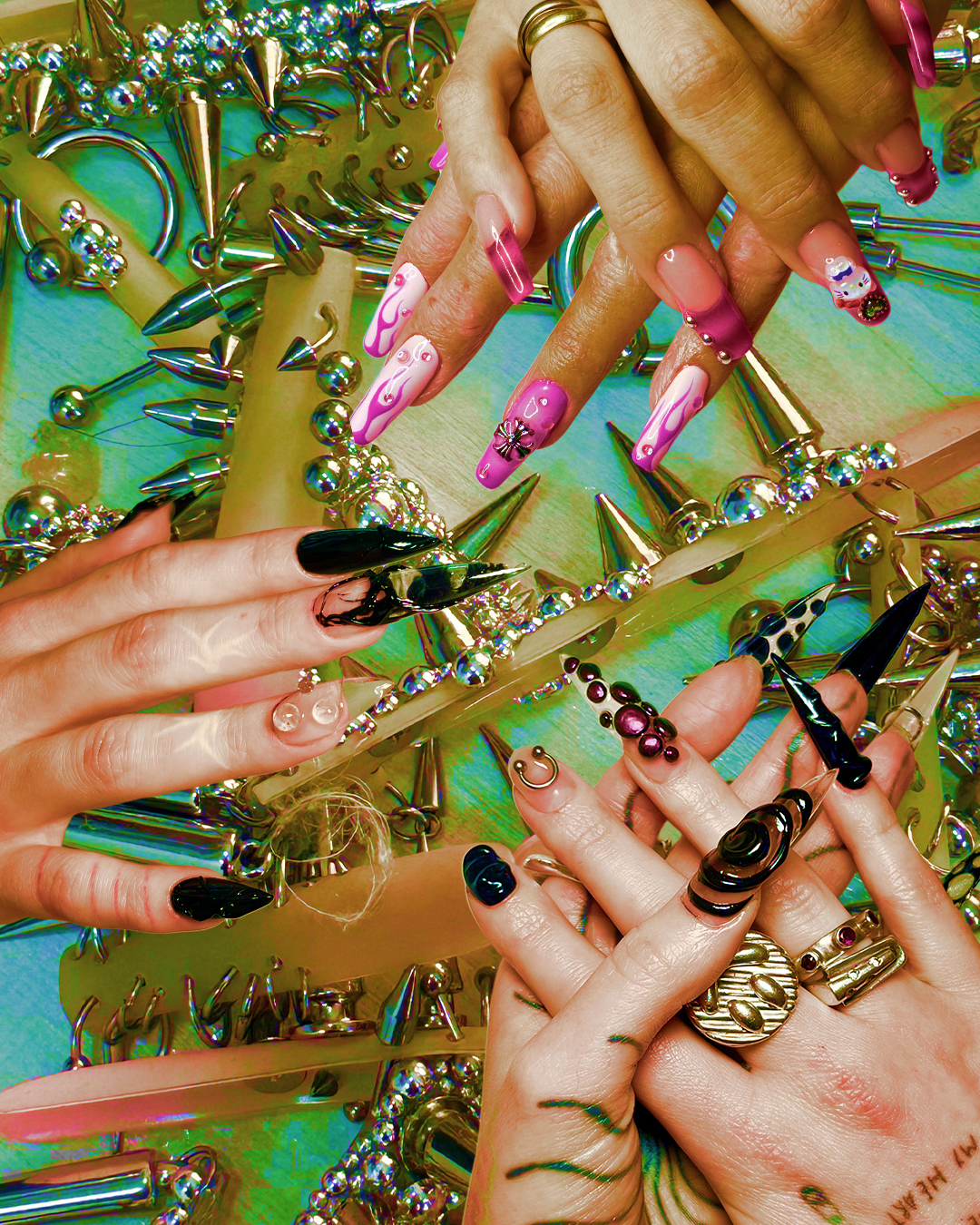All good art stems from challenging times, pain, or some sort of obstacles in life. By this logic, current times should be pushing artists to tap into limitless creativity and IDFA proves this might just be the case. The 10-day-long festival, opening on November 12th, jumps from intimate personal diaries to geopolitical puzzles to films that feel like dreams someone lived through. The films don’t just differ in subject; they take wildly different cinematic routes to get there: from vérité observation and intimate personal archives to bold visual experimentation.
There’s something for everyone, whether you are interested in poetry, AI, liberation struggles, crime, or human connections, and each film takes a distinct cinematic approach.
A wide array of storytelling offers varying cinematic experiences, but one thing all the movies I previewed have in common is that they are raw, beautiful, and inspiring portrayals of some aspect of human nature. The festival offers endless (genuinely, I was stressed choosing only a few movies from the list this long) choices, and here are some of the ones I (the writer you know nothing about but should trust) believe you shouldn’t miss.
Aa’s Intermission: We’re giving away free tickets and discount codes to select films from this list + to a screening of Marc by Sofia on November 18th. Interested? Subscribe to our Cheat Sheet newsletter and follow the instructions on how to apply before November 7th.
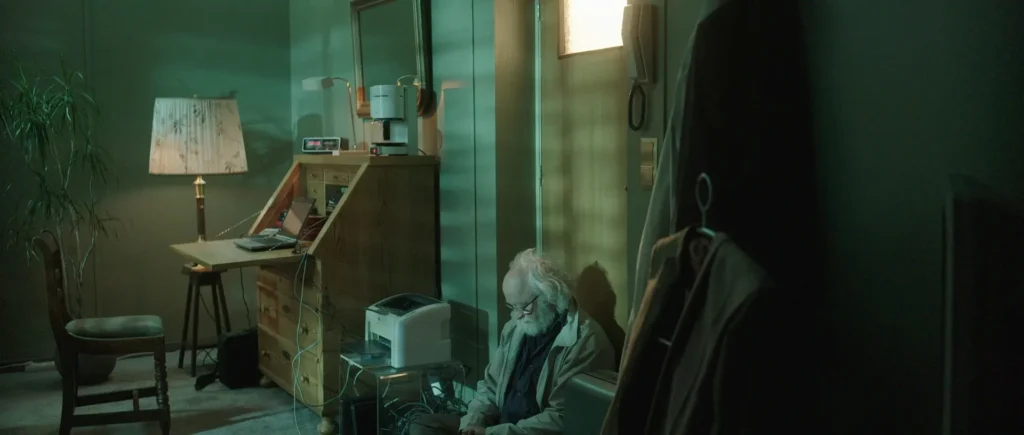
Luuk Bouwman’s The Desert of the Real (2025)
Watching this movie is a beautiful experience, and an easy one if you don’t get stuck with an all-consuming existential dread. But if you’re anything like me, or the six people who have experienced psychosis that the movie revolves around, a little existential crisis won’t scare you. This is a raw portrayal of the minds of people who have all had completely different lives, but have one thing in common — at some point, they went through an experience that forever changed their perceptions of reality.
The movie pushes us into deep retrospection by asking questions such as “who in the world am I?” followed by cinematic explorations of dissonance between dreams and reality. It’s also full of incredible cultural references — one of the voices explores René Magritte’s work in relation to inanimate objects, dreams, and our perception of the two.
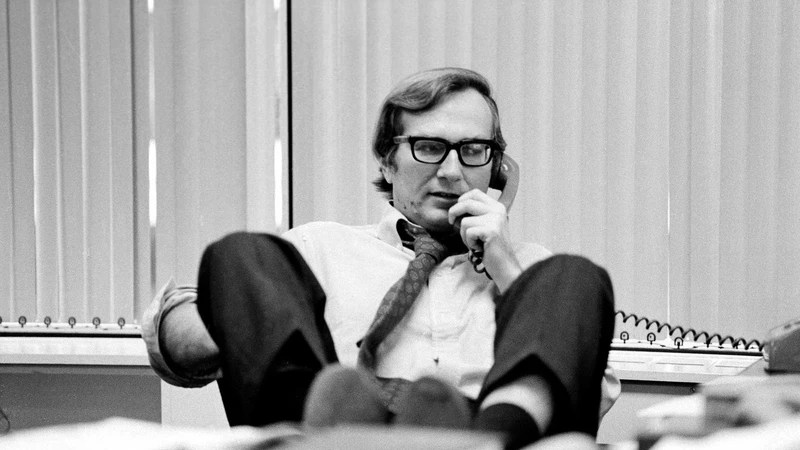
Laura Poitras & Mark Obenhaus’ Cover-up (2025)
As a journalist whose special interest has been the U.S. government and the atrocities it has committed around the world, this film got me beyond invested. It explores the career of an investigative journalist and a Pulitzer Prize winner, Seymour Hersh, who has spent his career investigating institutional violence and government cover-ups, such as the My Lai massacre. The film follows Hersh closely, using his notes and archival footage to retrace his investigative steps. Through this process, it uncovers some of the biggest obstructions posed by the U.S. government and intelligence systems. Bear in mind: there are some graphic depictions of violence.
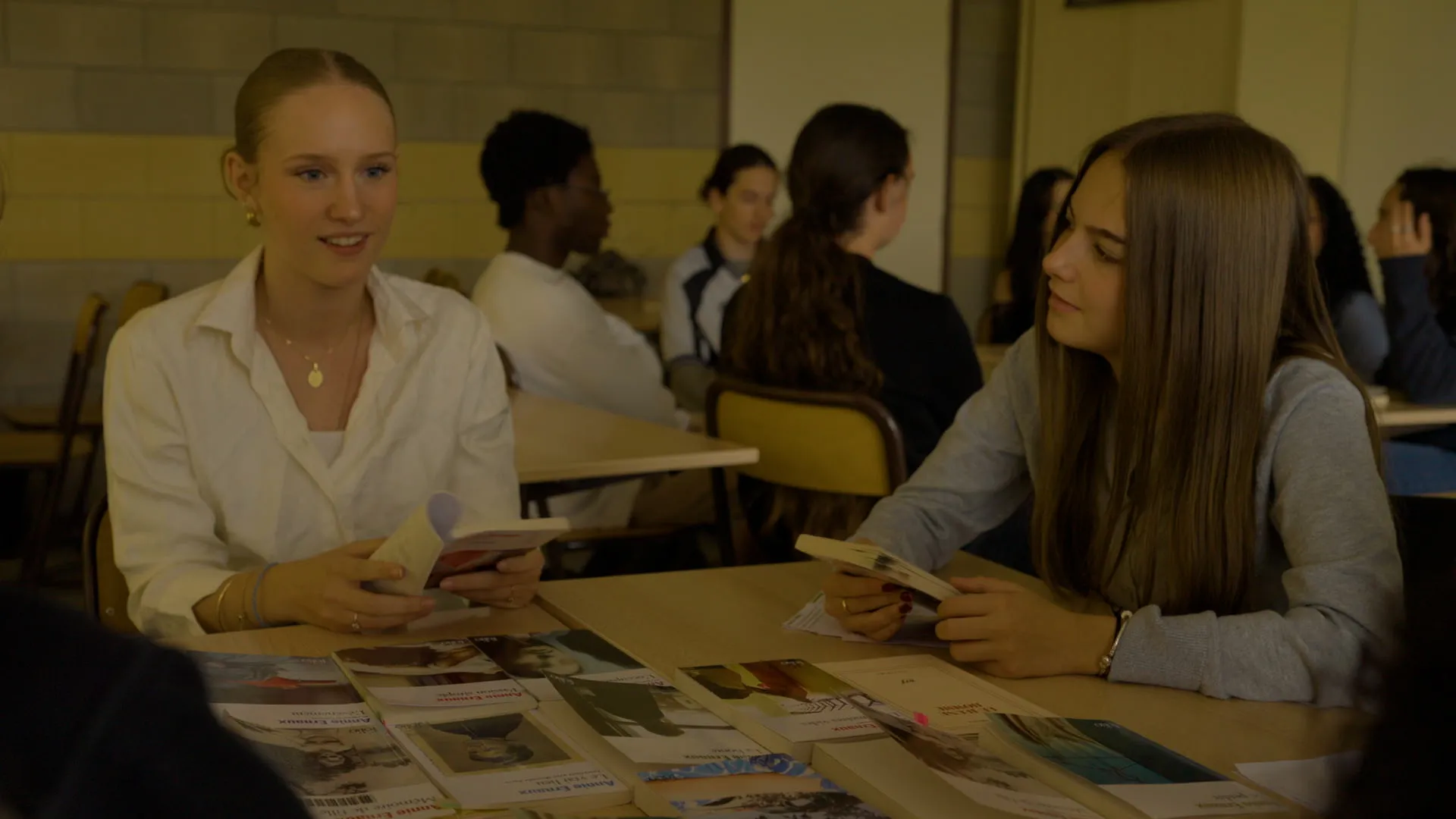
Claire Simon’s Writing Life – Annie Ernaux Through the Eyes of High School Students (2025)
Just like pretty much everyone else in the world, I too am obsessed with Annie Ernaux’s writing. I was first introduced to her by one of my best friends who, after a particularly nasty breakup, recommended I read The Possession. To say I have been entrenched by her work ever since is an understatement. So, the second I saw this movie in the line-up, I knew I had to watch it. The premise is ingenious – the movie follows high-school students who discuss Ernaux’s work and draw parallels to their own lives. It was especially gripping to me because I entered Ernaux’s world as an adult, and I wonder what I would have taken away from her work as an angsty high-schooler. Seeing these teenagers discuss Ernaux’s work, compare it to the works of romantics, and identify her writing style and themes of violence, consent, or sexual liberation made me nostalgic for literature classes and the thrill of endlessly discussing new and exciting writers.
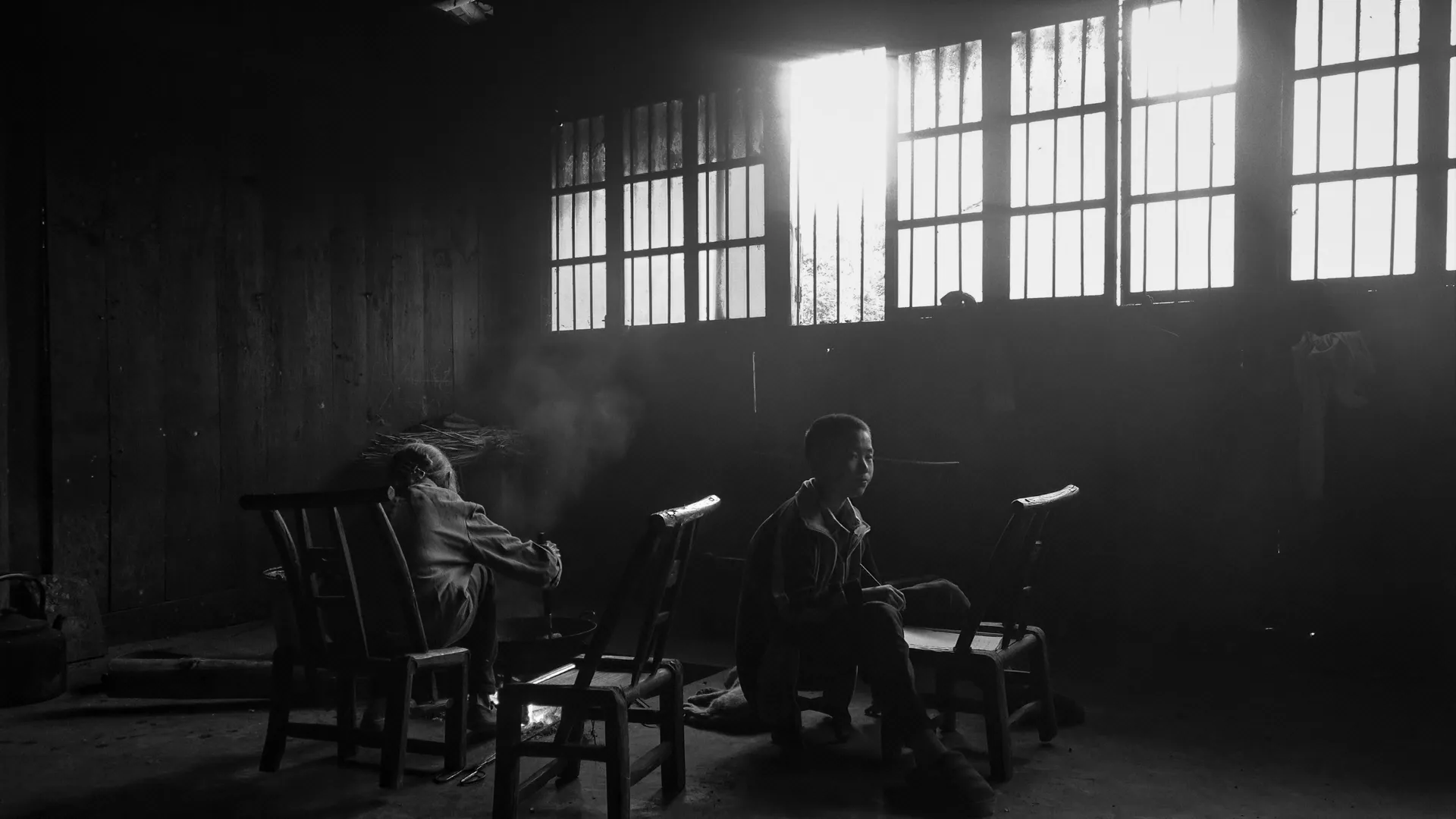
Deming Chen’s Always (2025)
It’s so difficult to choose a favorite from a list of such indelible movies, but this one might be the most mesmerizing to me.
Through the eyes of Youbin, an 8-year-old poet, the movie reflects the subtle shifts of growing up, as he discovers language, emotion, and the world around him. The director, incredibly talented Deming Chen, is a visual poet himself — the scenes of the mundane mountain life, switching between color and black and white, eerie and atmospheric landscapes, are all beautifully depicted on his camera. This is a deeply moving and beautiful ode to poetry, by a poet, and anyone with admiration of the craft will be left in awe, inspired, and deeply touched both by the visual explorations and the children’s understandings of the language and the written word.
“When people get bored, idling / they listen to the leaves drifting slowly in the wind. / We name this moment loneliness” — reads one of the poems.
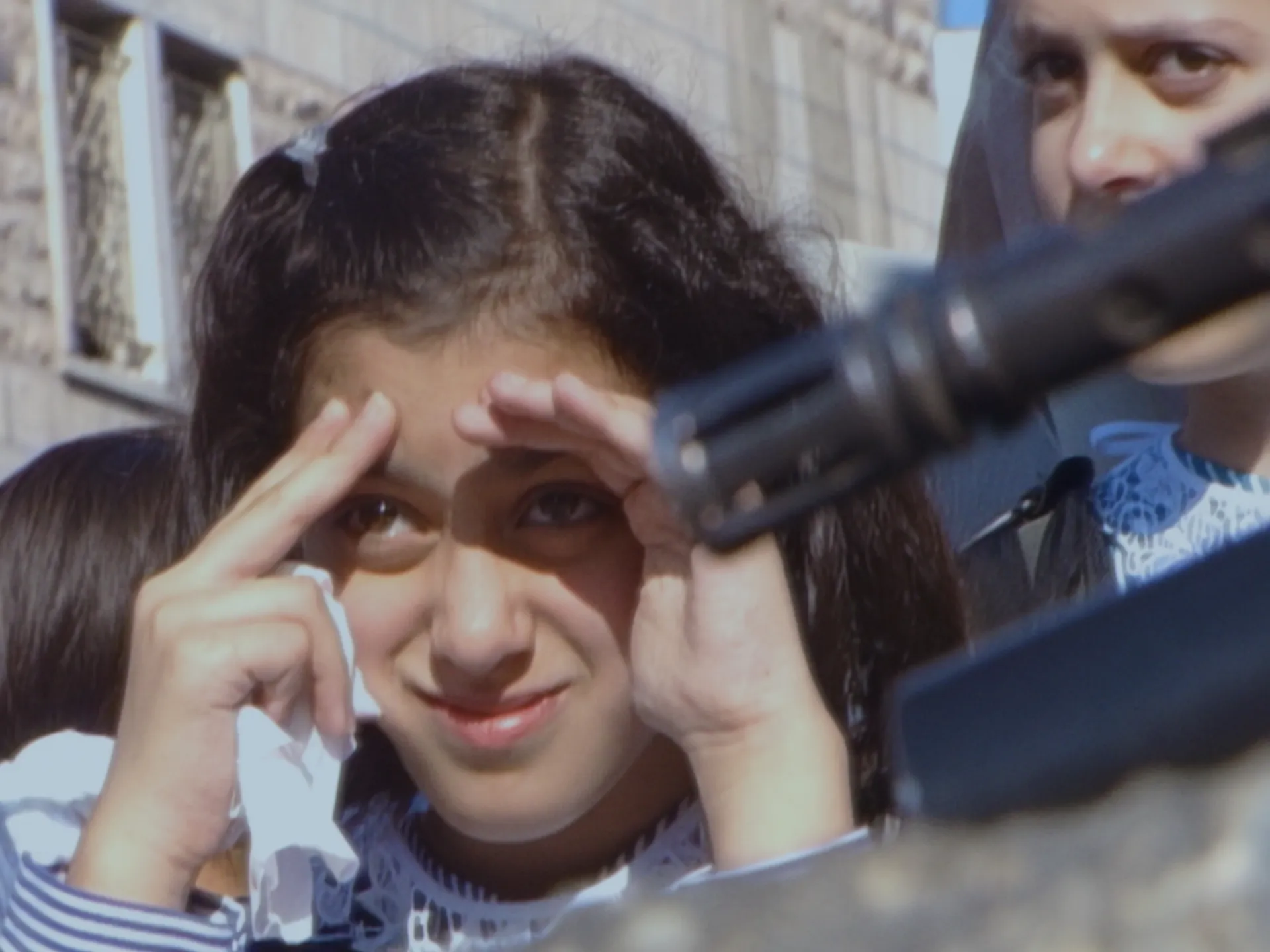
Shayma’ Awawdeh’s Intersecting memory (2025)
A poignant short film about Palestine, memories, and cultural heritage. The director, Shayma’ Awawdeh, was only six when the Second Intifada broke out. She uses the medium of documentary filmmaking to construct Palestine’s story through visual storytelling. Simultaneously, she uses voice-over, directed at her mom, to explore her own memories from childhood. We see glimpses of the brutal reality of living under occupation – IDF soldiers violently interacting with the elderly, scaring the children, explosions, tanks, and overall energy running through the veins of the city.
Her own story, parallel to the visuals, stems from her mother’s “blessed” lack of memory. Shayma’ doesn’t share the blessing and remembers the violence from her childhood vividly. In one part of the movie, Shayma’ recalls the night of her 8th birthday. Israeli soldiers showed up at her family’s door and declared, “your house is under our authority until 6 p.m. tomorrow.” A part that stuck with me was how she could see her birthday cake from the small room her family had to cram in. I couldn’t stop thinking about the quote from my favorite book, On Earth We’re Briefly Gorgeous, “Ma. You once told me memory was a choice. But if you were god, you’d know it’s a flood.”
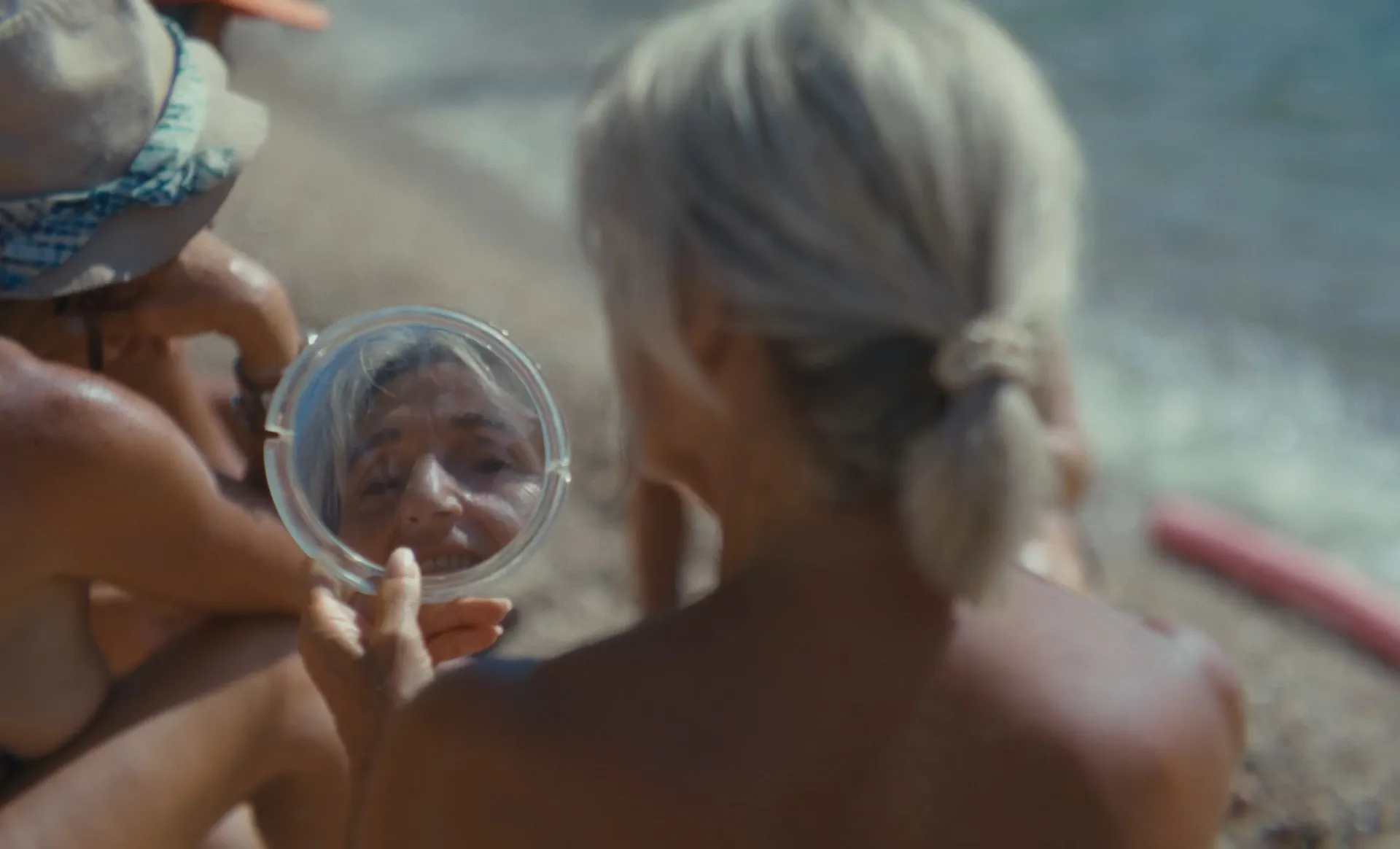
Margaux Fournier’s If you don’t like it, look away (2025)
This one is for people who are looking for something lighthearted and an escape from 4p.m. nights and bleak mornings. Set in Marseilles, the movie follows Jöelle and her friends. On their way to the beach, they see graffiti telling the elderly to keep their bras on. They do the opposite and continue with their days full of joy, and carelessness. The rest of the movie simply depicts their conversations and a beautiful day spent at a beach. It’s a refreshing portrayal of older women and a beautiful life they enjoy — gossip, sex, nudity. It’s the kind of movie you send to the girls’ group chat saying, “us in 30 years.”
Aa’s Tip: Make sure to check out IDFA’s full program here, packed with events, talks and multimedia experiences. We’re particularly fond of DocLab, IDFA’s interdisciplinary interactive and immersive documentary storytelling program. Here are our DocLab tips for this year:
- Khalil Ashawi’s Under the Same Sky (2025)
- Anan Fries’ Artificial Sex (2025)
- Caroline Poggi & Jonathan Vinel’s The Exploding Girl VR (2025)
- Nathalie Lawhead’s individualism in the dead-internet age: an anti-big tech asset flip shovelware r̶a̶n̶t̶ (2025)
P.S. If you want to enter our ticket giveaways and/or receive a discount code for select films, subscribe to our Cheat Sheet newsletter and follow the instructions to participate before November 7th!
